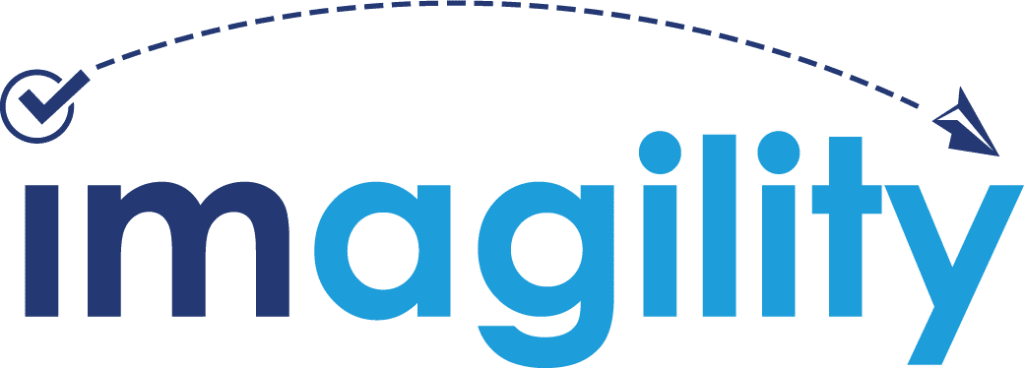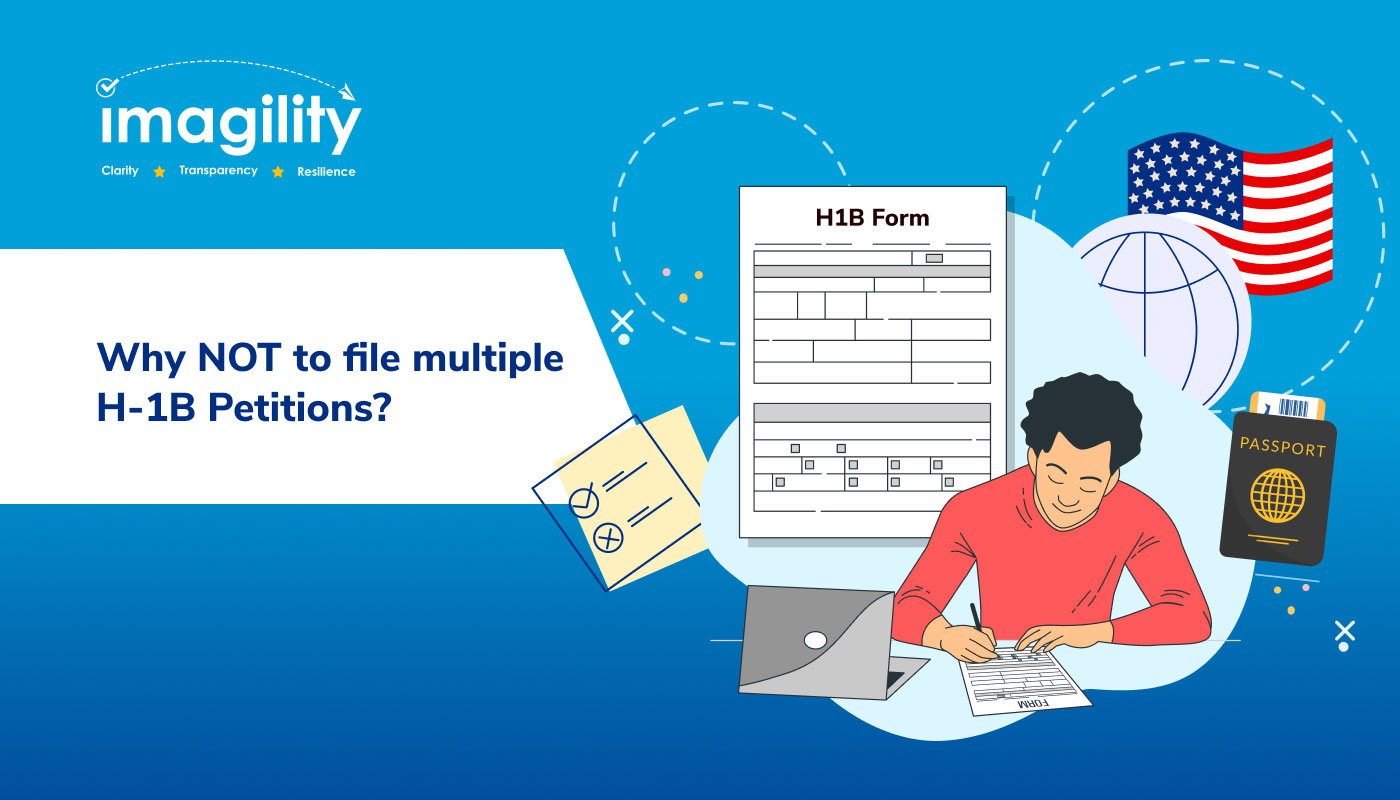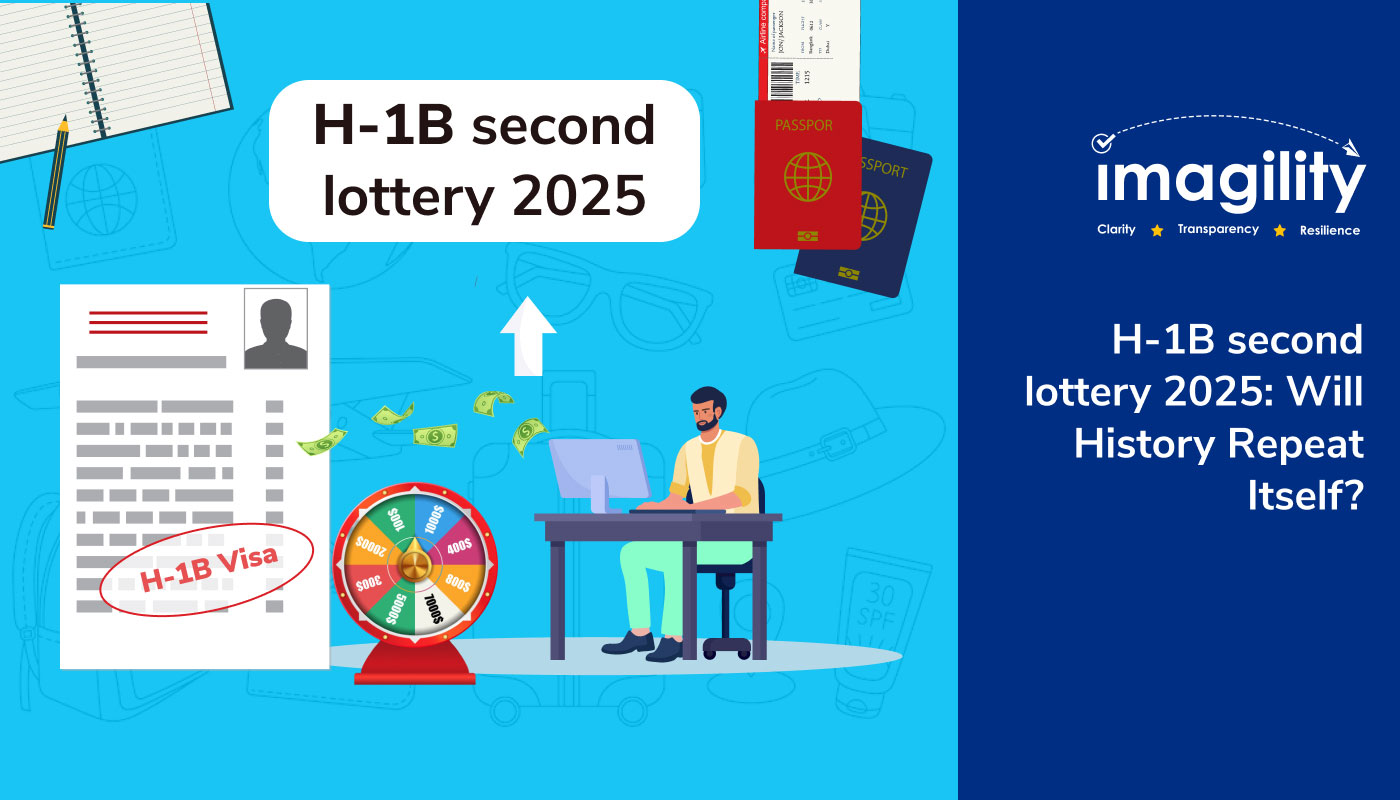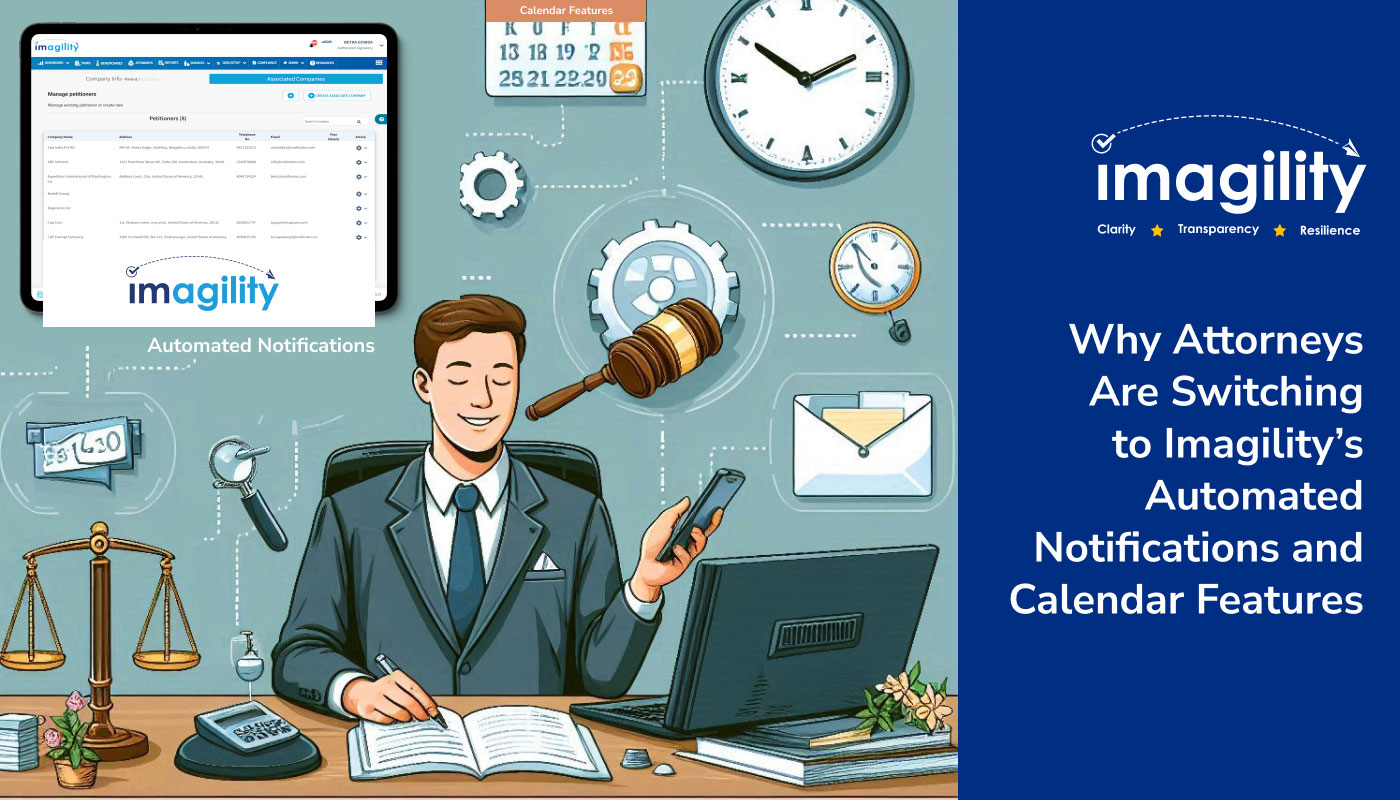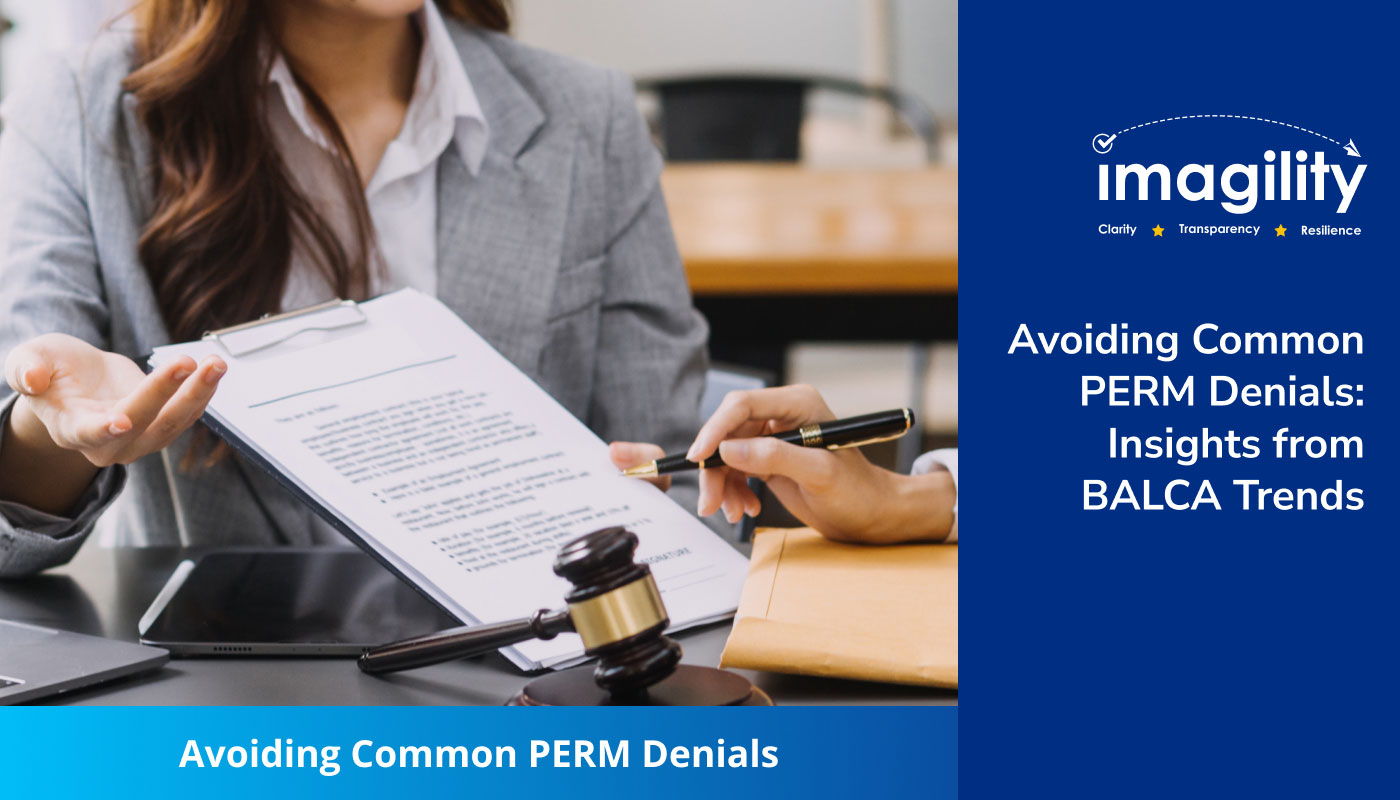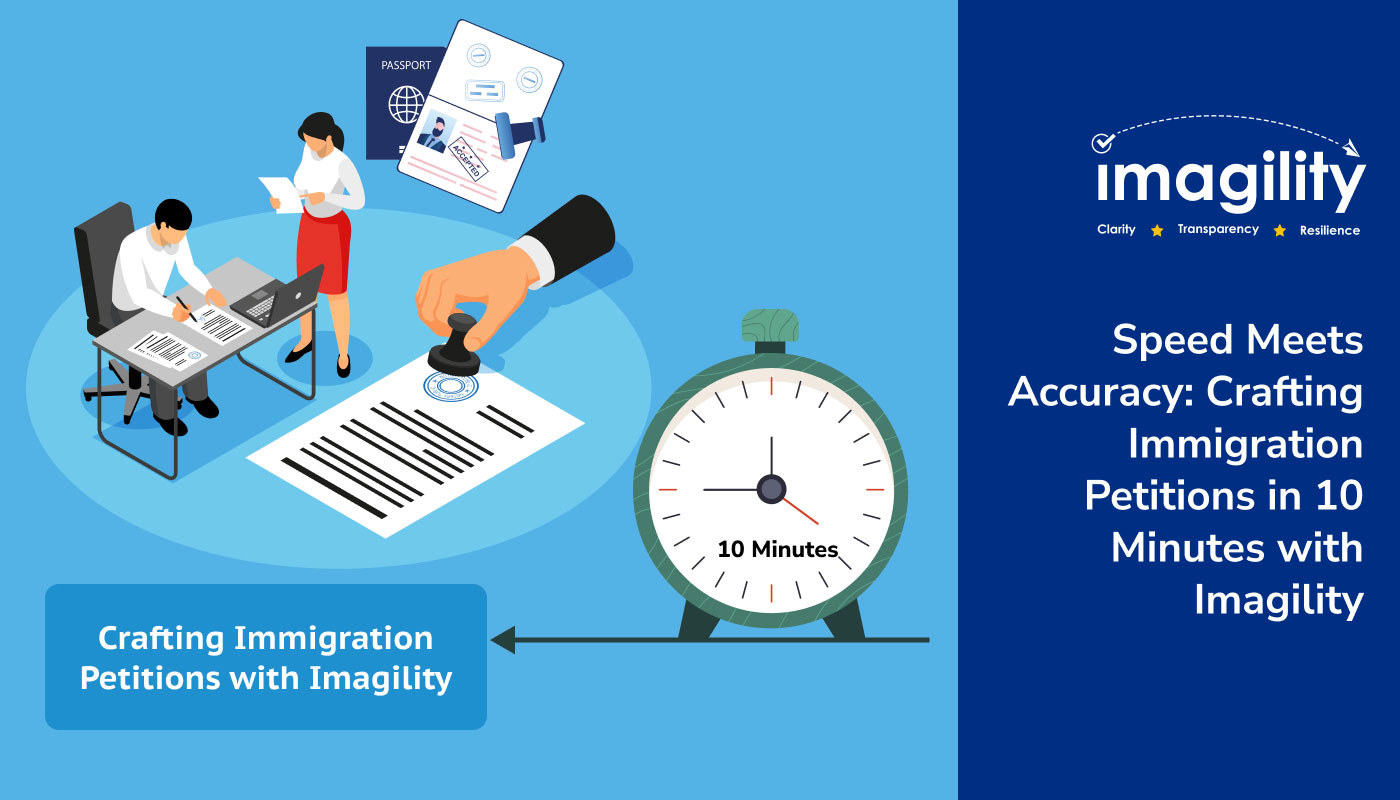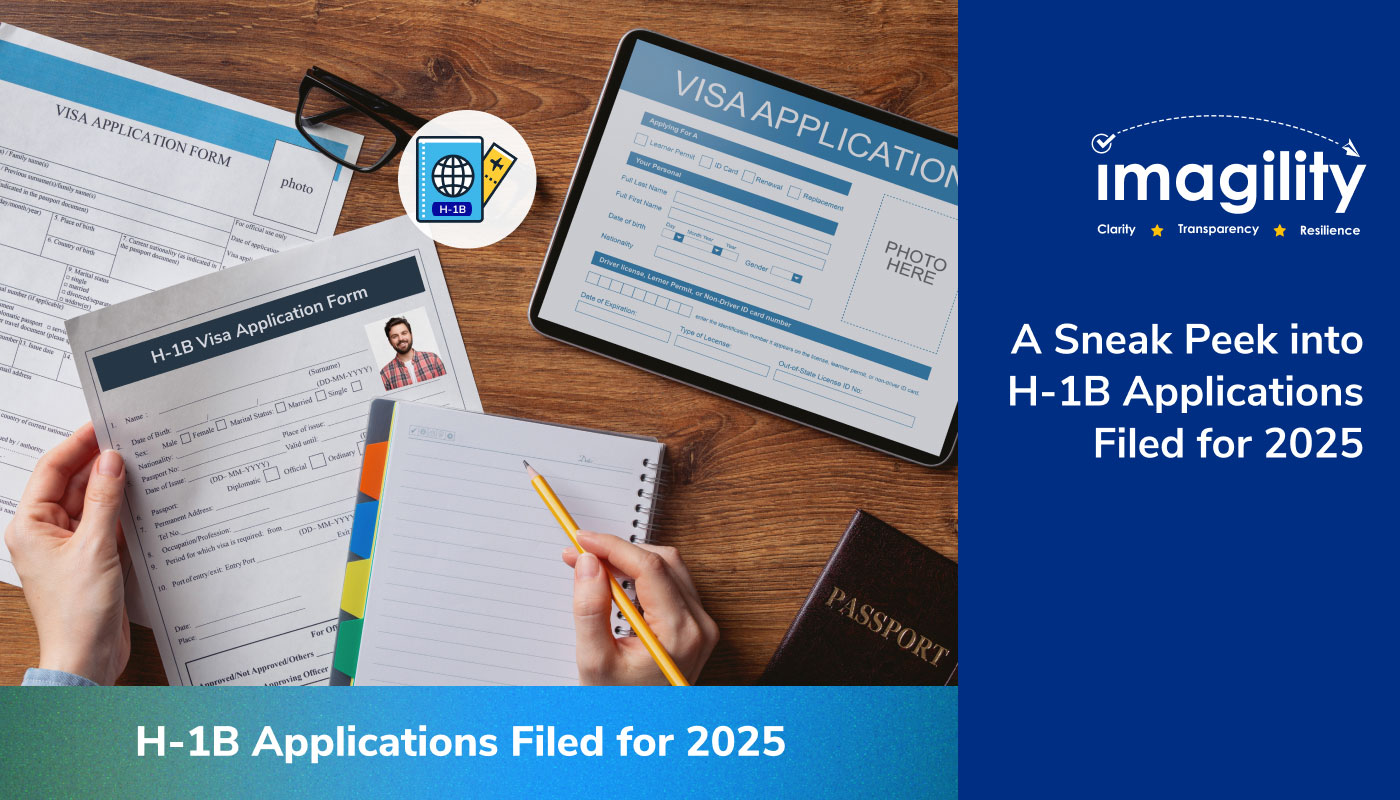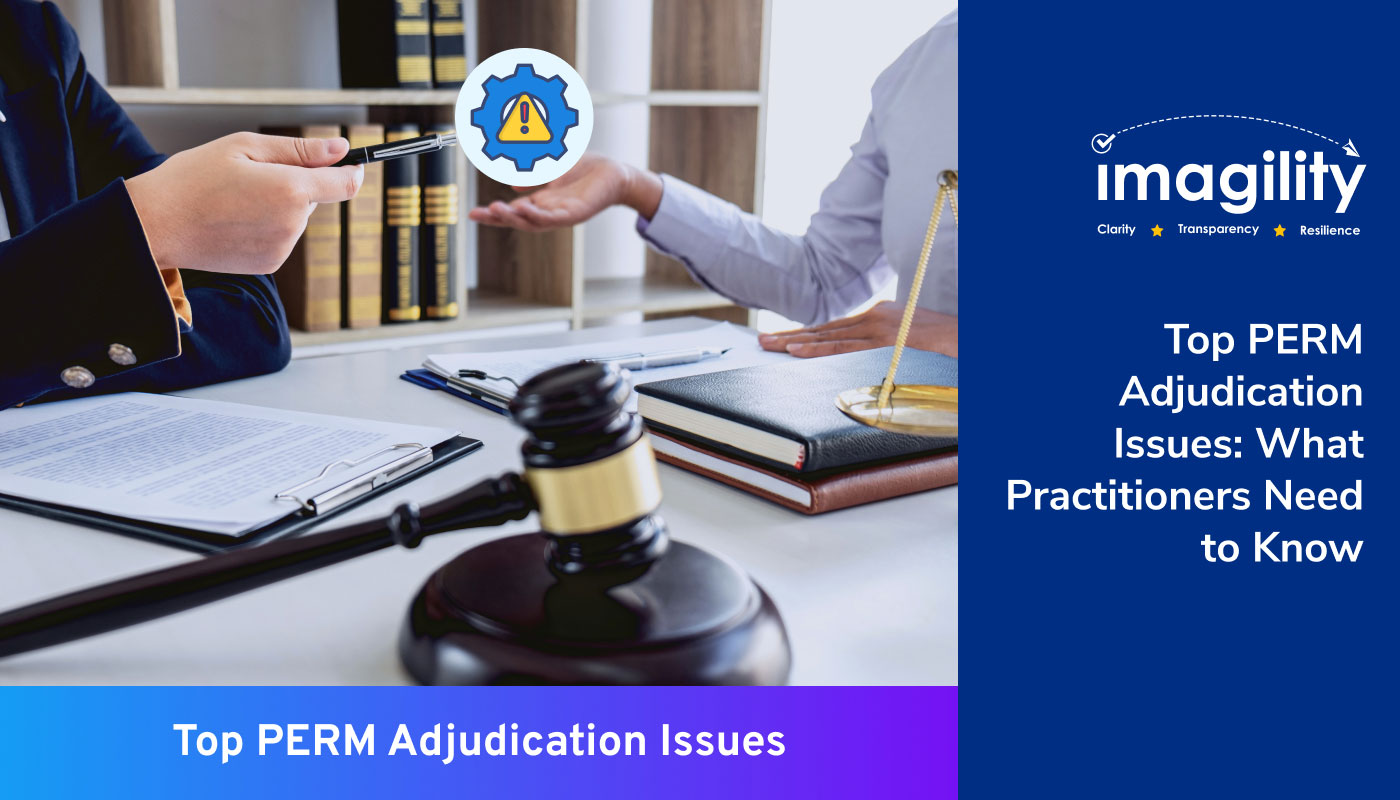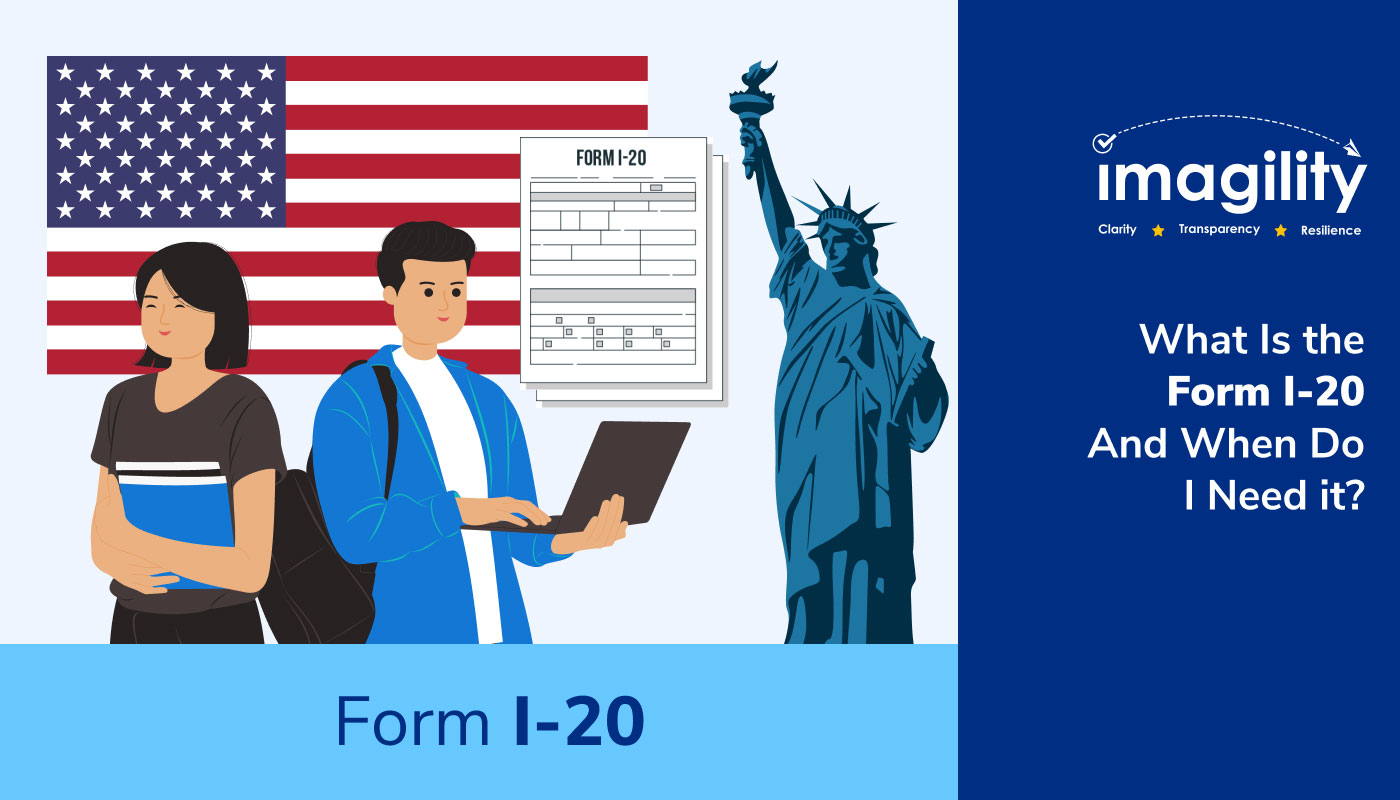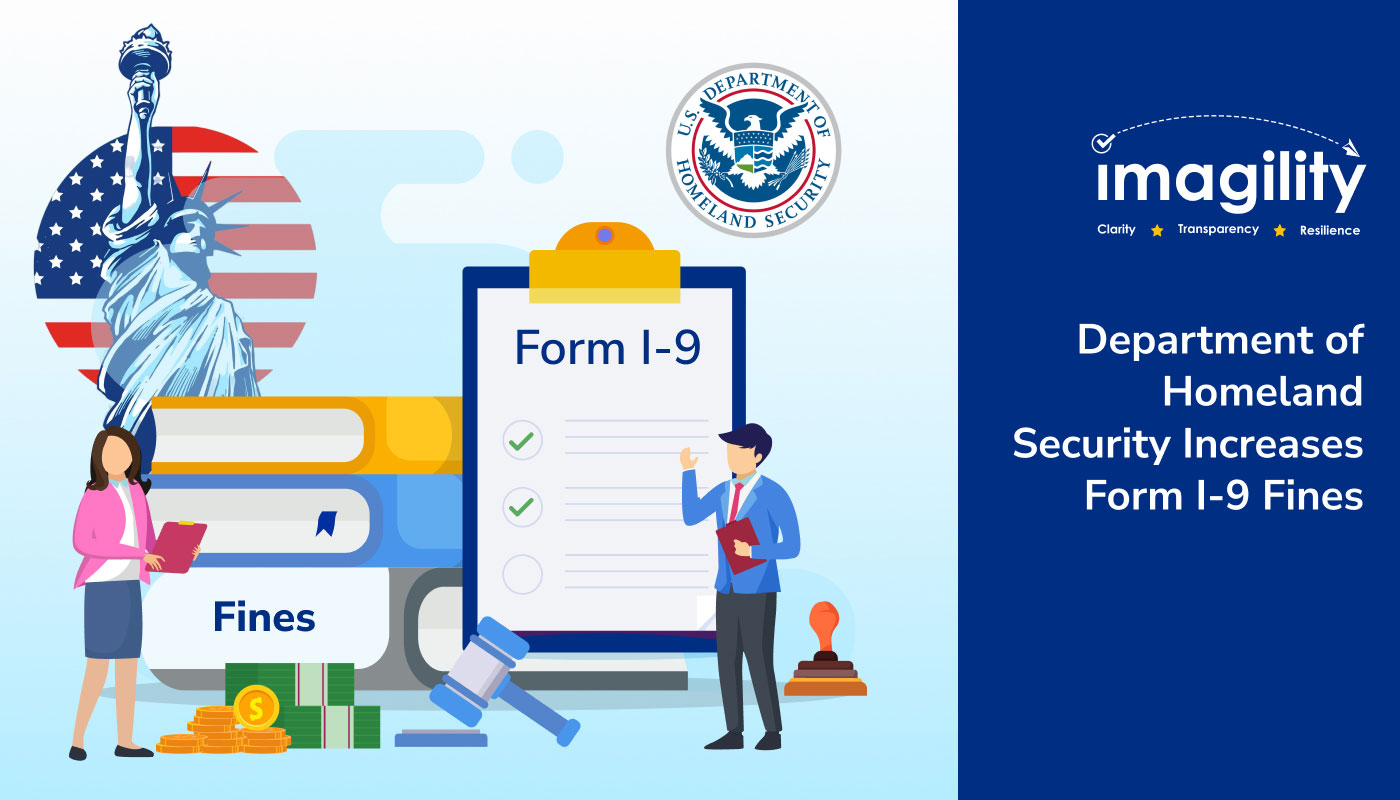Table of Contents
What is an H-1B visa?
Why do employers consider filing multiple H-1B petitions?
The risks of filing multiple H-1B petitions
Reasons for USCIS to deny or revoke multiple H-1B petitions
Legal consequences and penalties for multiple H-1B petitions
Alternative solution for obtaining H-1B visas
Concluding thoughts
Are you considering filing multiple H-1B petitions for the same foreign employee? Although this may seem like a good idea, there are a number of risks and complications associated with filing multiple H-1B petitions. In this blog post, we will discuss why it’s important to stay clear of filing multiple H-1B petitions and the potential consequences that come with it. We’ll explain the legal issues surrounding filing multiple H-1B petitions and the potential risks employers face if they go ahead with this decision.
Read on to learn why you should avoid filing multiple H-1B petitions.
What is an H-1B visa?
An H-1B visa is a temporary work visa that allows skilled foreign workers to be employed in the United States. The visa is usually valid for three years and can be renewed for another three years. The H-1B visa is popular among employers looking to fill positions that require specialized knowledge or skills, especially in the fields of technology, engineering, and science.
Every year, the USCIS issues a limited number of H-1B visas, and there is a lot of competition for these H1B visas. This means that the application process is often long and complex, requiring a significant amount of time and resources from employers and employees.
Why do employers consider filing multiple H-1B petitions?
When applying for an H-1B visa, there is a limit to the number of applications that can be submitted each year. This limit is known as the H-1B cap, which is currently set at 85,000. Due to the high demand for these visas, many employers may feel the need to file multiple H-1B petitions in order to increase their chances of being approved.
However, filing multiple petitions can come with several risks and potential legal consequences. It is important to understand these risks before submitting multiple petitions.
The risks of filing multiple H-1B petitions
While it may seem like filing multiple H-1B petitions increases your chances of obtaining a visa, it actually comes with a host of risks and potential negative consequences. Here are some of the main risks:
- USCIS scrutiny
If USCIS receives multiple petitions from the same employer for the same beneficiary, they may view it as an attempt to circumvent the visa cap and scrutinize the applications more closely. This can result in delays and requests for additional evidence, or USCIS may issue a notice of intent to deny (NOID) for such petitions.
- Inconsistencies
If you file multiple petitions for the same beneficiary, it can be difficult to ensure that all of the information provided is consistent across all applications. Even minor discrepancies can raise red flags and result in denials or revocations.
- Reputational damage
Filing multiple petitions can damage your company’s reputation with USCIS, making it more difficult to obtain visas in the future. It can also harm your company’s reputation within the industry and among potential hires.
- Financial costs
Filing multiple petitions can be expensive, both in terms of legal fees and USCIS filing fees. If all of the petitions are denied, you will have wasted a significant amount of money.
- Legal consequences
Filing multiple petitions can be viewed as a violation of USCIS regulations and may result in legal consequences, such as fines, penalties, or even criminal charges.
The risks of filing multiple H-1B petitions far outweigh any potential benefits. It is important to focus on preparing a strong, well-documented H1B petition and exploring alternative visa strategies rather than trying to game the system by filing multiple applications.
Reasons for USCIS to deny or revoke multiple H-1B petitions
The United States Citizenship and Immigration Services (USCIS) is responsible for adjudicating H-1B petitions and deciding whether to approve or deny them. When an employer files multiple H-1B petitions on behalf of the same beneficiary, it raises several red flags and increases the likelihood of denial or revocation. Here are some reasons why the USCIS might deny or revoke multiple H-1B petitions:
- Duplication of filings
If an employer submits multiple H-1B petitions for the same beneficiary, the USCIS may consider them duplicative and deny all of them. This can happen when the employer files different petitions with different job titles, work locations, or salary offers, but the beneficiary is the same. It is important to remember that one employer can file only one H-1B petition for the beneficiary for the job position identified in the company.
- Lack of bona fide job offer
To obtain an H-1B visa, the beneficiary must have a bona fide job offer from the petitioner. If an employer files multiple petitions for the same beneficiary, it may raise questions about the genuineness of the job offer. The USCIS may investigate whether the employer has a legitimate need for multiple workers in the same job or whether the beneficiary is being used as a backup.
- Violation of H1B cap rules
Each year, there is a cap on the number of H-1B visas that can be issued, and the USCIS receives more petitions than there are available visas. If an employer files multiple petitions for the same beneficiary in the same cap year, it is a violation of the cap rules and can lead to the denial or revocation of all petitions.
Legal consequences and penalties for multiple H1-B petitions
Filing multiple H-1B petitions is a risky move for employers, as there are potential legal consequences and penalties associated with it. The USCIS may view the act of filing multiple H-1B petitions as an attempt to game the system, and this can lead to a range of legal problems for employers.
It’s important to note that USCIS added a new attestation requirement this year. Accordingly, when an employer submits the registration, they declare under penalty of perjury that the registration is genuine and that they haven’t colluded with another employer to unfairly enhance the chances of beneficiary selection. However, if they are found to do so, USCIS may refer the employer to federal law enforcement agencies for investigation and further criminal actions.
- Filing multiple H-1B petitions may lead to legal proceedings against the employer for fraud and misrepresentation. The USCIS takes such cases very seriously, and the employer may have to face heavy penalties and fines.
- The USCIS has strict guidelines regarding the filing of multiple H-1B petitions, and if an employer is found to have violated these guidelines, they may be barred from sponsoring H-1B visas for a period of time.
- The USCIS may initiate investigations against employers who have filed multiple H-1B petitions, which can lead to a lot of time, effort, and money spent on legal proceedings.
Alternative solution for obtaining H-1B visas
Instead of filing multiple H-1B petitions, there are several alternative strategies that employers can use to obtain these highly coveted visas for their foreign employees. Here are some options to consider:
- Explore other visa categories
While the H-1B visa is one of the most popular options for skilled foreign workers, there are other visa categories that may be appropriate depending on the individual circumstances of the employee and employer. For example, the L-1 visa is designed for intra-company transfers, and the O-1 visa is for individuals with extraordinary abilities in science, arts, education, business, or athletics.
- Hire candidates who already have H-1B visas
If your company is seeking to fill a position with a skilled foreign worker who already holds an H-1B visa, you may be able to hire that individual without going through the lottery process. This can be a faster and more streamlined option than filing new H-1B petitions.
- Look into alternatives to the H-1B visa
Several other work visa categories are available, including the TN visa for Canadian and Mexican professionals, the E-3 visa for Australian professionals, and the H-2B visa for seasonal workers.
Concluding thoughts
Filing multiple H-1B petitions may seem like a tempting option to increase your chances of obtaining an H-1B visa, but it comes with serious risks and potential consequences. Not only can it lead to denials or revocations, but it can also result in legal penalties and a damaged reputation. It’s essential to get in touch with the immigration expert or explore alternative strategies, such as utilizing different visa categories or looking into alternatives to the H-1B visa.
About Imagility
Imagility is an immigration software solution designed to cater to the needs of each stakeholder, be it a petitioner, beneficiary, or attorney. The platform is the result of the cumulative experience of our immigration experts, who have 30+ yrs in the immigration field. With automated petition building and its powerful petition-building feature, users can build effective H1B stories that play a significant role in increasing the chances of H1B visa approvals. Added recently is the feature to detect multiple applications through the Lottery registrations page that triggers an alert for duplicate filings.
For more information, visit imagility.co
Or call us at +1 603 782 4622/+1 617 865 6588.
